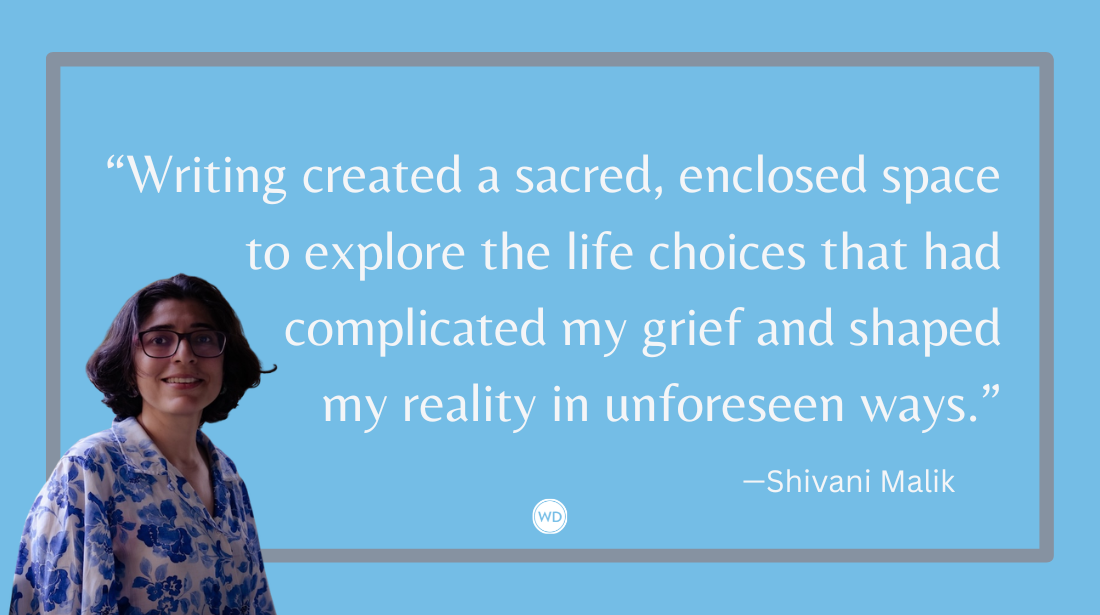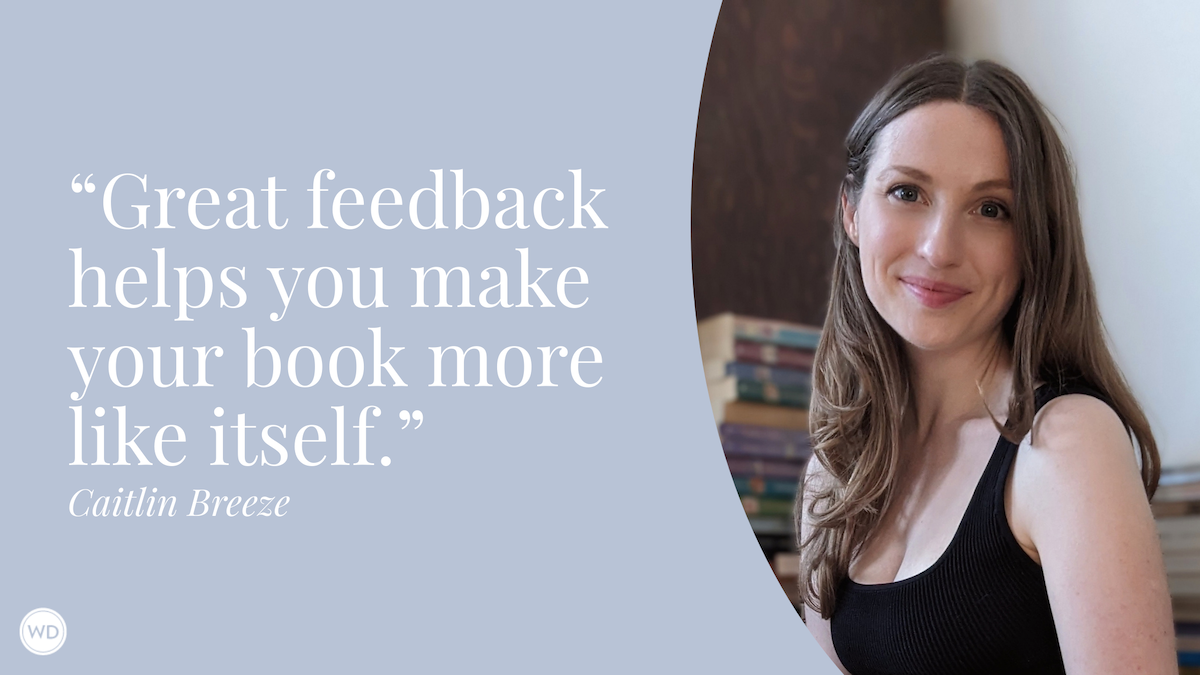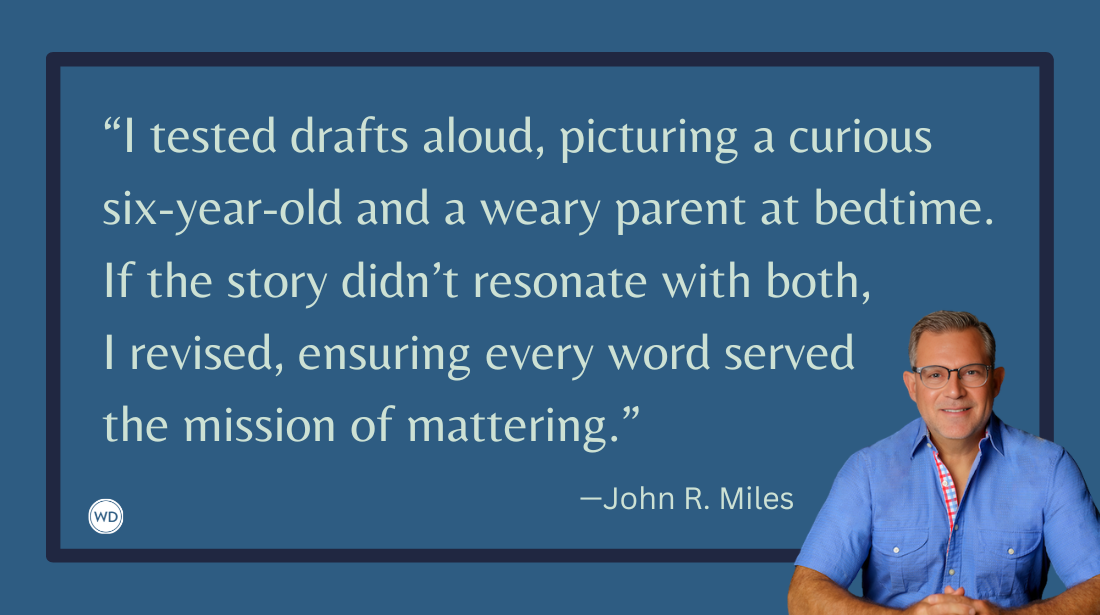James Rebanks: Books Shouldn’t Be Rushed
In this interview, author James Rebanks discusses how his friendship with his subject made him want to tell her story in his new book, The Place of Tides.
James Rebanks is a farmer based in the Lake District, where his family have lived and worked for over 600 years. His number one bestselling debut, The Shepherd's Life, won the Lake District Book of the Year, was shortlisted for the Wainwright and Ondaatje prizes, and has been translated into 16 languages. His second book, English Pastoral, was also a Top Ten bestseller and was named the Sunday Times Nature Book of the Year. Heralded as a “masterpiece” by the New Statesman, it was shortlisted for the Ondaatje prize, and longlisted for the Rathbones Folio prize and the Orwell Prize for Political Writing. Follow him on X (Twitter) and Instagram.
In this interview, James discusses how the friendship between himself and his subject made him want to tell her story in his new book, The Place of Tides, his advice for writers, and more.
Name: James Rebanks
Literary agent: Jim Gill, U.K.; Byrd Lovell, U.S.
Book title: The Place of Tides
Publisher: Mariner
Release date: June 24, 2025
Genre/category: Travel/Nature/Memoir
Previous titles:The Shepherd’s Life, Pastoral Song (English Pastoral)
Elevator pitch: A troubled modern man finds peace and meaning again by spending a spring with a wise old woman who lives and does old-fashioned work (feather gathering for eiderdown duvets) on a tiny island off the coast of Norway, helping her care for the wild birds that are in her care.
What prompted you to write this book?
I loved the person the book is about, Anna, when I first met her and wanted to go back and learn her story. The more I learnt about her, when we were together again, the more I realized she was an amazing character that needed to be written about, so her heroism could be shared more widely.
How long did it take to go from idea to publication? And did the idea change during the process?
I first visited the island and Anna in 2012, and despite the years passing, I couldn’t stop thinking about her. I wrote to her in 2019 and asked if I could go back and shadow her, and she said it was to be her last season, and I could go if I took work clothes and strong boots. So, that’s 13 years from original excitement to publication in the U.S. Books shouldn’t be rushed—if they are about life, then time allows the life to happen to shape the art.
Were there any surprises or learning moments in the publishing process for this title?
I always learn loads from the publishing process. My editor, Chloe Currens, is brilliant and completely different to me, and I love working with her. Writing without a great editor reacting to the text is like being a stand-up comedian practicing without an audience, there is nothing to feed upon. I love being edited, because it’s someone else helping, or pushing, me to be the best writer I can be.
Were there any surprises in the writing process for this book?
I never know what my books will be when I start writing them. So, I kinda lie to my publishers to secure the dough, and then they forgive me when I make something they like later and it’s different from the proposal! The learning this book needed was inside me, I had to reckon with the life I had lived up until recently, the mistakes I’d made, the things I had chased, and find some kind of peace. The Place of Tides is about a reckoning with your own life, the mistakes you’ve made, and focusing in again on the simple things that really matter more, like your family and your loved ones.
What do you hope readers will get out of your book?
I am very lucky to have a lot of readers, in more than 20 languages, and many of them write to me or contact me and tell me what they get from my books. This book seems to have touched people in their hearts, because it is about a woman who wouldn’t normally be celebrated in a book—someone who has devoted her life to being a mother and a cook in an old people’s home, and then to her beloved birds far out on the edge of the Arctic Circle. I have received so many messages from women in particular, saying they love that I respected the “sacred female space” that I entered, by living with Anna and her friend Ingrid, and learning from it. Most of all they tell me the book brought them “peace” in the crazy times we live in, and, if it does that, I am happy.
If you could share one piece of advice with other writers, what would it be?
Try to build on what came before, not simply replicate it—genres are there to be played with, stretched, and ultimately reinvented. “Good” books sit nicely in genres. “Great” books often rip up genres and create a new form.
The Place of Tides plays with the idea of the adventuring poetic and wise man being the natural interpreter of landscapes/seascapes and turns that on its head. The man in this book doesn’t know very much and has to learn from the women of the place, who are far wiser than he is.









